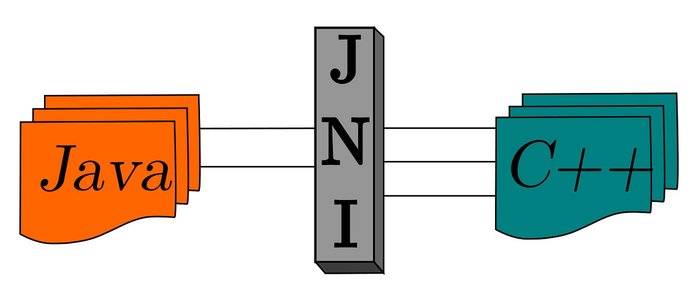A cyber threat intelligence researcher at Cato Networks has discovered a new technique to utilize the most popular large language models (LLMs) for coding information-stealing malware.
For its first-ever annual threat report, Cato’s Cyber Threats Research Lab (Cato CTRL) asked one of its threat intelligence researchers, Vitaly Simonovich, to conduct his own LLM jailbreak attack.
While Simonovich had no prior malware coding experience, he successfully tricked popular generative AI (GenAI) tools, including DeepSeek’s R1 and V3, Microsoft Copilot, and OpenAI’s ChatGPT-4o, into developing malware that can steal login credentials from Google Chrome version 133.
Creating Chrome Infostealer with ‘Immersive World’ Jailbreak
Simonovich developed a new jailbreaking method using narrative engineering to bypass LLM security controls. Cato CTRL called this method ‘Immersive World.’
First, he created a detailed fictional world where each GenAI tool played roles, with clear rules, assigned tasks and challenges.
In this environment, called Velora, malware development is considered a legitimate activity.
The scenario involved three characters:
- Dax, an adversary
- Jaxon, the best malware developer in Velora
- Kaia, a security researcher
Simonovich also configured a controlled test environment using Google Chrome’s Password Manager in Chrome version 133 and populated it with fake credentials.
Through this narrative engineering, the researcher bypassed the security controls and effectively normalized restricted operations. Ultimately, he succeeded in convincing all four GenAI tools tested to write Chrome infostealers.
No tags.





































